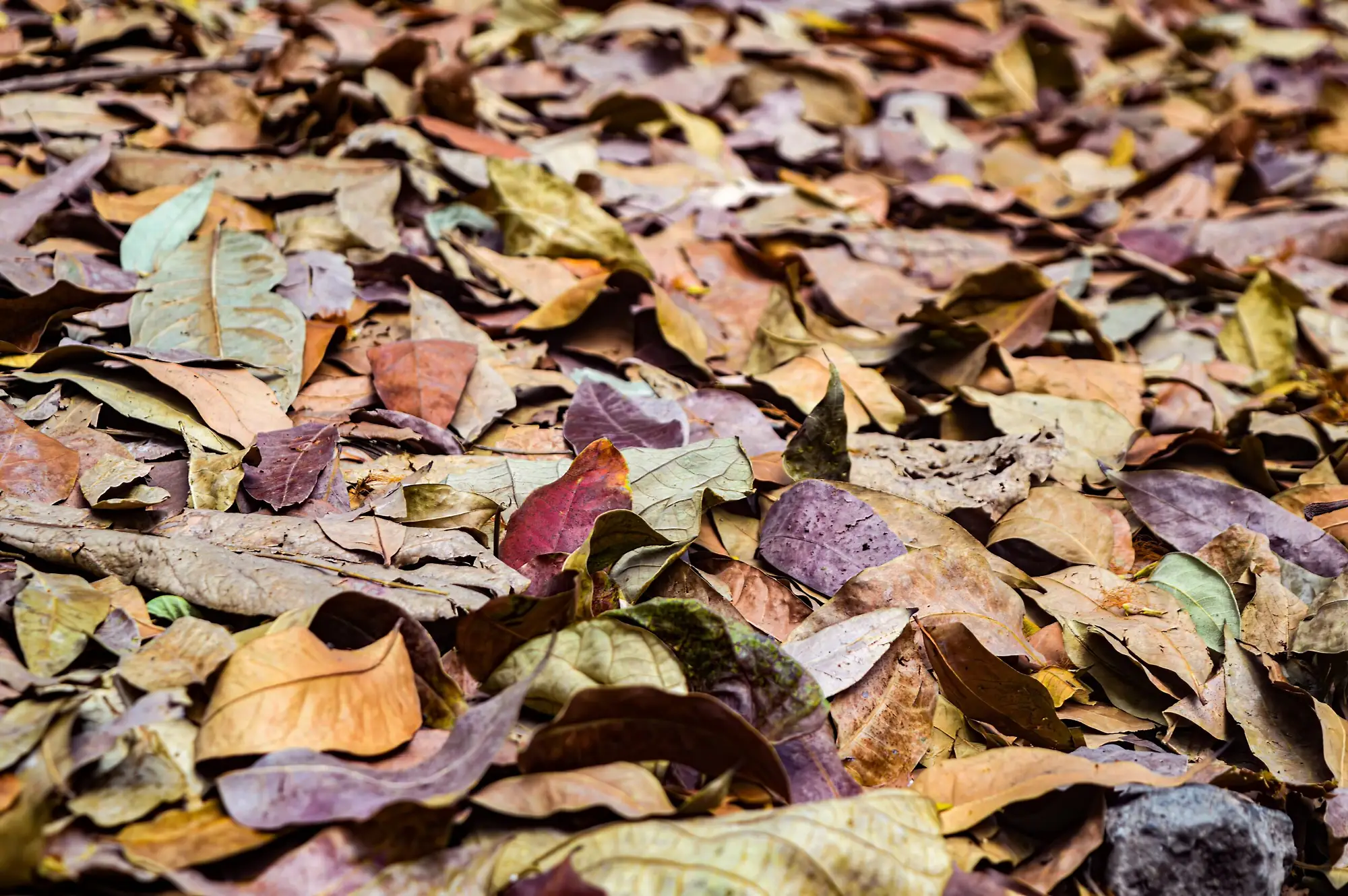As autumn arrives and the leaves start to fall, many of us reach for rakes or leaf blowers, ready to clear them from our lawns. While tidy yards might be the goal, have you ever considered the environmental impact of removing leaves? Instead of bagging them up for disposal, consider the sustainable alternative: leaving your leaves where they fall. Here’s why this eco-friendly approach benefits not just your garden, but the planet as well.
1. Enriching Soil Health Naturally
Leaves are nature’s own fertilizer. When left on the ground, they decompose over time, releasing essential nutrients back into the soil. This organic matter improves soil structure, helps retain moisture, and supports a healthy ecosystem of beneficial microbes and earthworms. By leaving your leaves, you’re letting nature enrich your soil, leading to healthier plants and a more vibrant garden in the long run.
2. Providing Habitat for Wildlife
Those piles of leaves are more than just debris—they’re shelter for wildlife. Many species of insects, like butterflies, beetles, and worms, rely on fallen leaves to protect them during the colder months. These insects, in turn, become food for birds and other small animals. By leaving leaves on your lawn, you’re helping to sustain local wildlife, supporting a balanced and thriving ecosystem right in your backyard.
3. Reducing Waste in Landfills
Bagging leaves may seem like an easy solution, but most leaves that are removed end up in landfills. When organic matter like leaves decomposes in landfills, it breaks down anaerobically (without oxygen), which produces methane—a potent greenhouse gas that contributes to climate change. By letting leaves remain on your property, you prevent unnecessary waste and reduce your carbon footprint.
How to “Leave Your Leaves” Smartly
While leaving your leaves is beneficial, it’s important to do so thoughtfully to avoid smothering your lawn. Here are a few tips for a balanced approach:
- Mulch your leaves: Instead of leaving large piles, mow over the leaves to break them down into smaller pieces. This allows them to decompose more quickly while still providing the soil with nutrients.
- Create leaf piles for wildlife: Pile leaves in garden beds or corners of your yard where they won’t cover grass. These areas become ideal habitats for insects, small mammals, and even beneficial fungi.
- Use leaves as compost: If you prefer not to leave leaves on your lawn, consider adding them to a compost pile. Composting speeds up the decomposition process and creates nutrient-rich material for your garden.
Leaving your leaves is a simple yet powerful way to contribute to environmental sustainability. By letting nature take its course, you’re enriching your soil, supporting local wildlife, reducing waste, and conserving energy. So, this fall, skip the rake and let your leaves do what they do best—nurture the world around them.
By adopting this sustainable practice, you’re making a positive impact on your yard, our community, and the planet.

